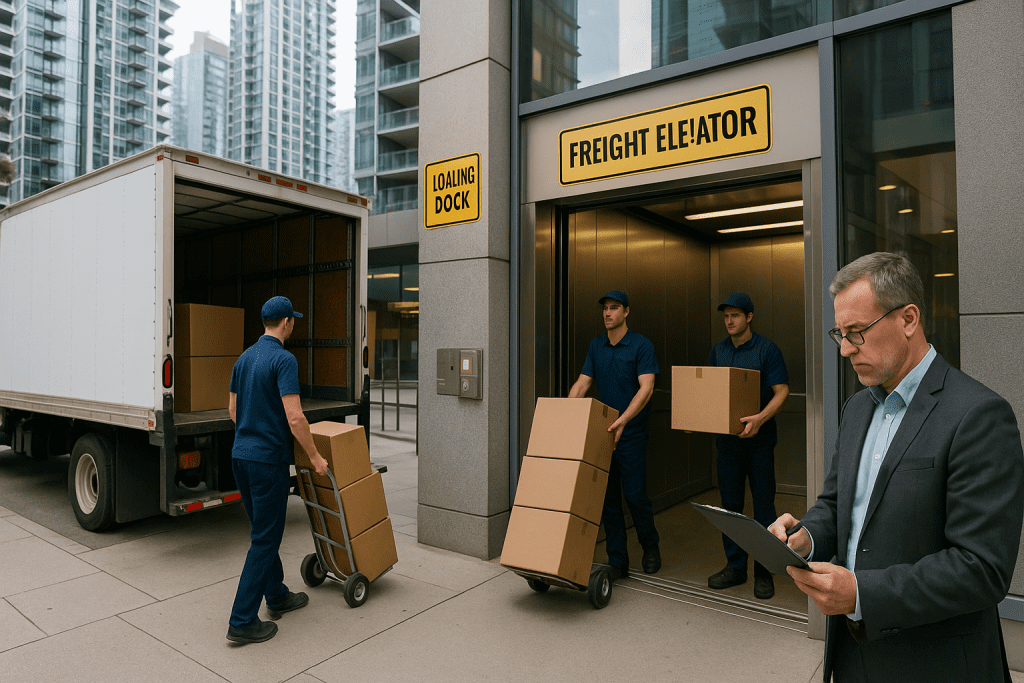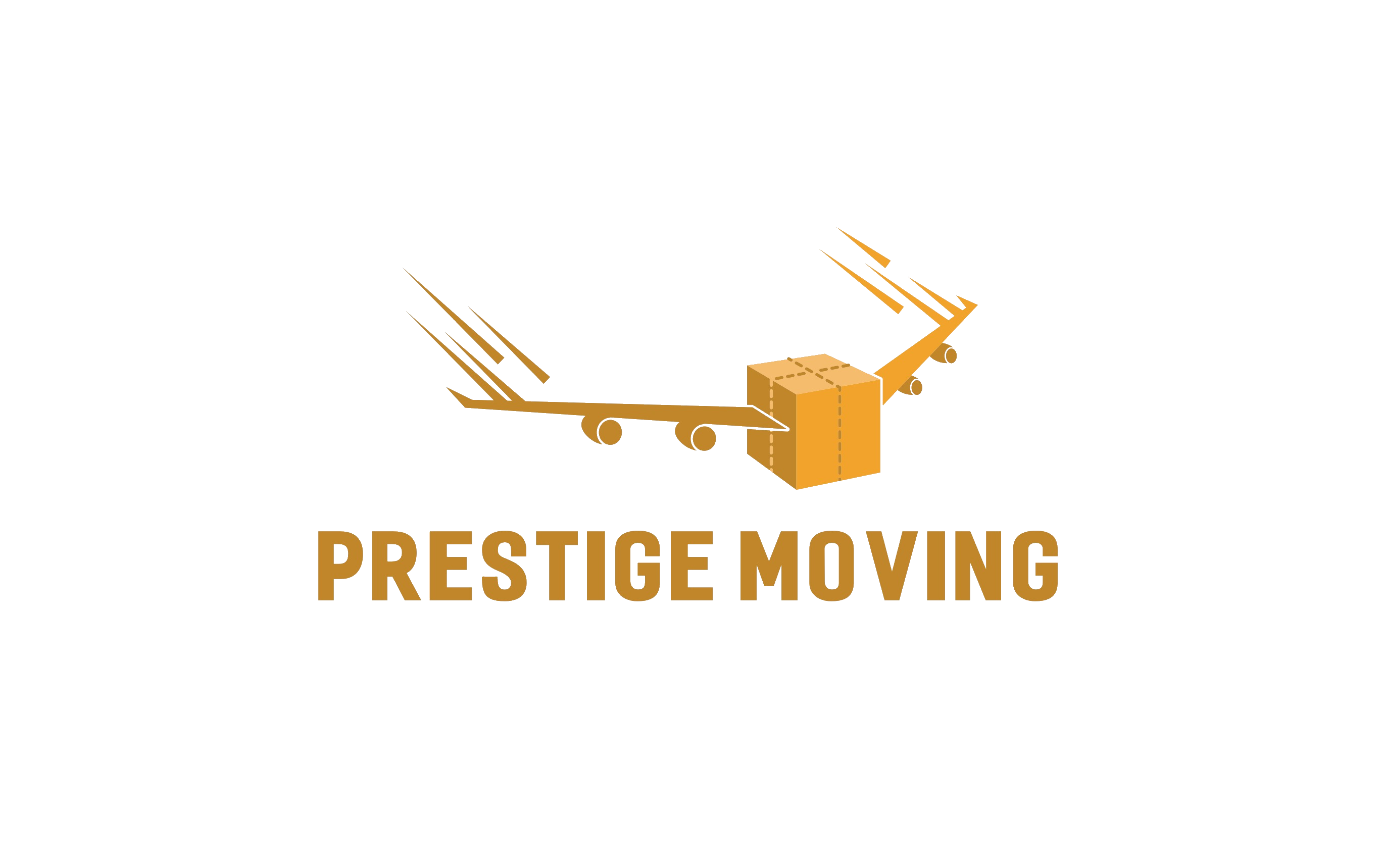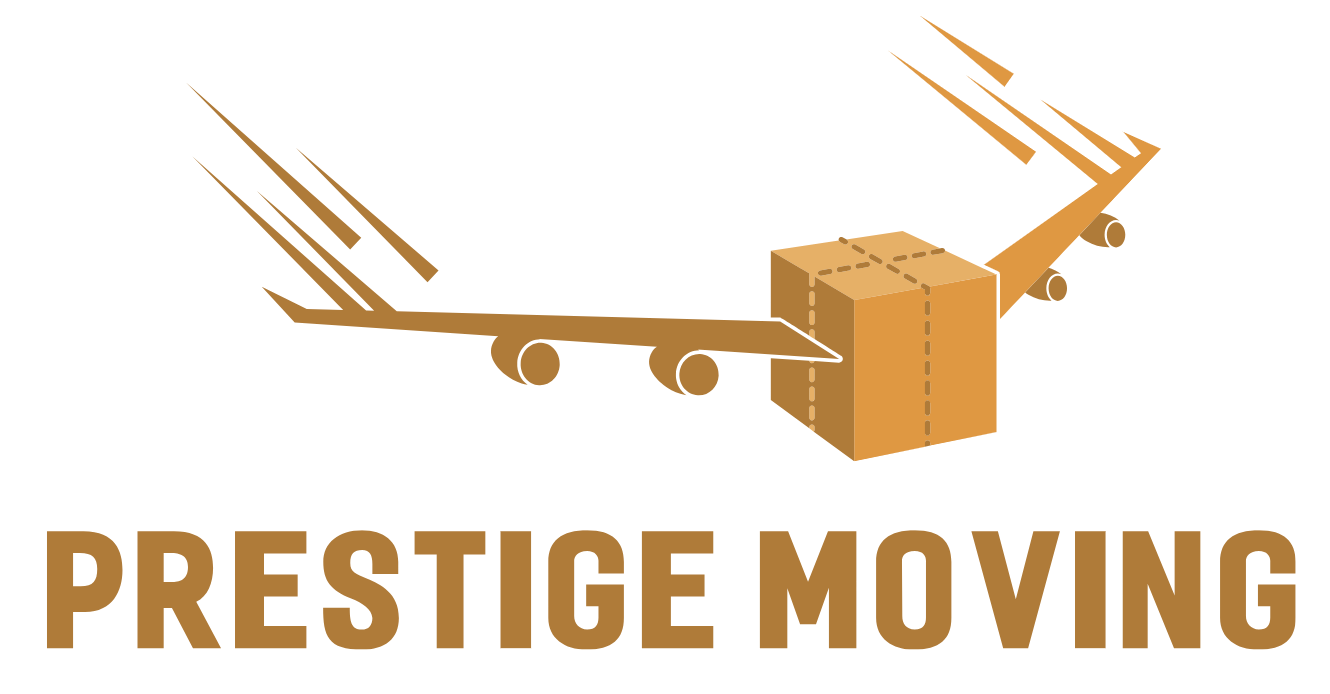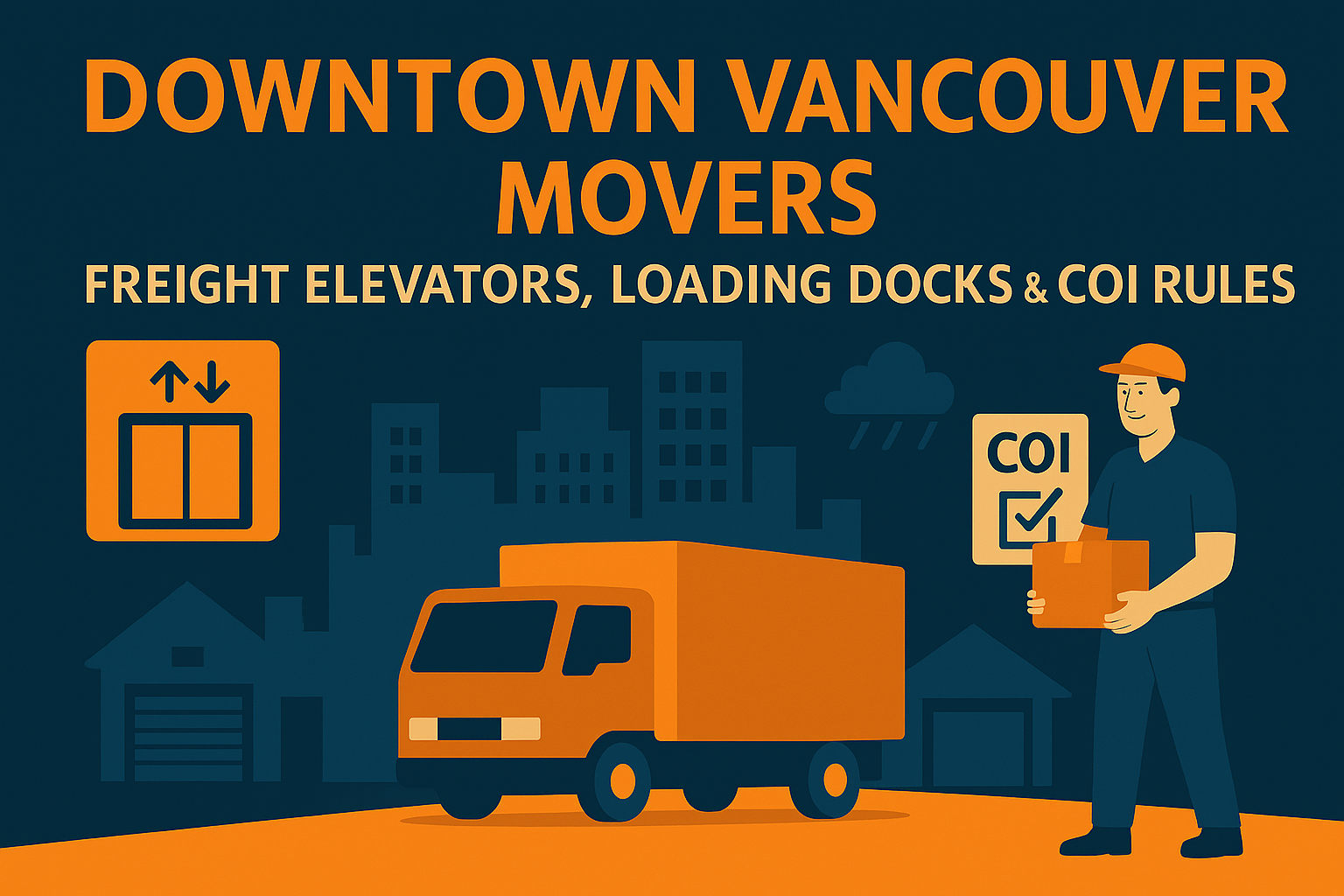Relocating within Downtown Vancouver requires precision, timing, compliance, and a deep understanding of the strict building requirements that govern every move. From freight elevator reservations to insurance compliance, loading dock timing, height restrictions, concierge coordination, and Certificate of Insurance (COI) requirements, every stage must be executed without error.
This guide provides a complete, business-grade breakdown of how professional Downtown Vancouver movers manage complex relocations in condo towers, high-rise buildings, commercial offices, and mixed-use properties. Whether you’re coordinating a residential move in Coal Harbour or an office transition in Yaletown, this is the definitive blueprint for seamless Vancouver downtown relocations.
Understanding the Realities of Moving in Downtown Vancouver
Downtown Vancouver is one of the most logistically challenging areas to move within. High-density buildings, limited parking, narrow loading zones, strict strata rules, congestion charges, and mandatory insurance documentation create unavoidable obstacles.
Professional movers who handle Ottawa-based high-rise relocations, such as those outlined in resources like Centretown movers — elevator bookings & loading docks, follow a similar approach in Vancouver: rules, timing, and planning determine the success of every move.
Key challenges movers must manage:
- Elevator bookings with 2–4 hour windows
- High-security loading dock access
- COI filings before move-in or move-out
- Strata damage deposits
- Underground parkade clearance issues
- Traffic restrictions during rush hours
- Building concierge approvals
- Limited curbside access for 5-ton trucks
- Height restrictions for loading bays
Every step must be coordinated with absolute accuracy to prevent delays, extra fees, or denied access.
Freight Elevators: The Heart of Any Downtown Vancouver Move
Why Freight Elevators Are Mandatory
Most downtown buildings prohibit the use of residential passenger elevators for moving furniture. Freight elevators are reserved for large-scale items, appliances, mattresses, and boxes. These elevators are padded, reinforced, and controlled by concierge staff.
How Movers Secure Elevator Bookings
Movers typically contact the building 5–10 days before the scheduled move. Some buildings require:
- A refundable deposit
- Proof of insurance
- A moving contract
- Government-issued ID
- COI with the building named as additional insured
Buildings with stricter policies operate on a first-come, first-served basis and may limit moves to mid-day hours to reduce disruption.
Typical Freight Elevator Booking Windows
| Building Zone | Standard Move Hours |
|---|---|
| Coal Harbour | 9 AM – 4 PM |
| Yaletown | 10 AM – 3 PM |
| Downtown Financial District | Weekends only or 6 PM – 11 PM |
| West End | 8 AM – 8 PM (depending on strata rules) |
Loading Docks in Downtown Vancouver: What Movers Need to Know
Loading Dock Types
- Ground-Level Loading Bays
Suitable for 1–5 ton trucks - Underground Loading Docks
Height restrictions of 6’8″ – 7’2″ - Commercial High-Clearance Loading Areas
Designed for cube vans and long-haul trucks
Why Clearance Matters
Many moving trucks cannot enter underground parkades due to clearance limits. Professional movers assess this early, similar to how Ottawa movers handle high-rise moving logistics.
If a truck cannot enter a loading bay, movers must:
- Use a shuttle truck
- Carry items longer distances
- Rely on street-level loading (requires special permission)
Permit Requirements
The City of Vancouver enforces strict loading rules. Movers must comply with:
- Street & Traffic Bylaw No. 2849
- Temporary no-parking zone permits
- Rush-hour loading restrictions
- Curbside permit approvals
A helpful government resource for compliance is the City of Vancouver’s film & parking guidelines (external link):
https://vancouver.ca/streets-transportation/parking.aspx
Certificate of Insurance (COI): Non-Negotiable for Every Downtown Move
What a COI Covers
Almost all Downtown Vancouver buildings require movers to provide a COI verifying:
- Commercial liability insurance
- Cargo protection
- Workers’ compensation
- Building damage coverage
This requirement is similar to high-rise move-in policies across Canada, reinforced in many government regulations. For example, the Government of Canada’s Standard Liability Guidelines explain why high-rise buildings prioritize insurance compliance.
Information Required on the COI
Buildings typically request:
- Name & address of the building
- Contact details for the strata or property manager
- Coverage amounts (usually $2M+ liability)
- Proof the moving company is insured
Professional movers supply COIs quickly, which is a key indicator of a legitimate, qualified moving company.

Strata Rules: Deposits, Damage Prevention & Scheduling Requirements
Typical Strata Requirements Include:
- Refundable damage deposit ($200–$800)
- Hallway and elevator padding
- Move time restrictions
- Parking regulation compliance
- Signed move agreement
- “Clean as you go” rules
Movers familiar with these processes ensure compliance and help avoid penalty fees. This structure mirrors efficient moving practices outlined in Ottawa residential moving services.
Residential vs. Commercial Moves in Downtown Vancouver
Residential (Condos, Apartments, High-Rises)
- Strata communication is critical
- Freight elevator must be reserved
- Longer carry distances common
- Height restrictions limit truck type
Commercial Moves (Offices, Clinics, Retail Units)
- After-hours moves often required
- Complex IT and equipment handling
- COI requirements are higher
- Strict dock scheduling
- Elevator operator may be mandatory
Commercial moves follow similar procedures to the workflows described in Ottawa commercial relocations — precise coordination is required to minimize downtime.
How Professional Movers Navigate Downtown Vancouver’s Complex Logistics
1. Truck Routing & Navigation
Movers use commercial routing tools to avoid:
- Low-clearance parkades
- Congested corridors
- Rush-hour shutdowns
- Bike lanes and restricted access zones
2. Concierge & Building Manager Coordination
Movers communicate:
- Truck arrival time
- Dock access requirements
- Elevator setup time
- Move-out cleaning expectations
3. Protection & Damage Prevention
Crews take steps including:
- Elevator blankets
- Wall and corner guards
- Masonite floor protection
- Post-move cleaning
- Traffic flow control
Movers who specialize in fragile/valuable handling — similar to the techniques in antique moving services — apply advanced protection during downtown relocations.
Cost Breakdown: What Downtown Vancouver Moving Services Typically Charge
Downtown moves are more expensive due to:
- Higher insurance demands
- Longer walking distances
- Elevator delays
- Dock availability issues
- Time-consuming city parking compliance
Typical cost factors:
- Hourly rate for crew + truck
- COI processing fees (charged by some movers)
- Shuttle truck for parkade restrictions
- Extra labor for long carries
- Parking costs
- After-hours service fees
To compare pricing, referencing structured pricing pages like moving services pricing can help determine competitive market rates.
Expert Tips for a Smooth Downtown Vancouver Move
1. Reserve the Elevator Early
Some buildings book out weeks in advance — peak periods fill fast.
2. Protect High-Value Furniture
Use pro-grade wrapping methods such as those outlined in expert packing guides.
3. Confirm All Insurance Documents in Advance
Never assume the building “doesn’t require COI.”
Downtown towers almost always do.
4. Choose Movers with High-Rise Experience
General movers often lack:
- Knowledge of clearance limits
- Strata rules
- Dock management skills
- Downtown navigation expertise
5. Always Contact the Building Before Moving
Building managers can deny access if:
- You show up early
- A different company arrives
- You exceed your booking window
- Insurance paperwork is missing
When to Hire Professional Movers Instead of DIY
DIY is nearly impossible in Downtown Vancouver due to:
- No available street parking
- Inability to reserve elevators personally
- Stricter insurance requirements
- Heavy fines for blocking bus lanes or bike lanes
- Tight corners and narrow hallways
Professional movers ensure:
- Compliance with all COI rules
- Safe handling of specialty items
- Timely arrival and completion
- Proper protection for high-rise interiors
Resources such as long-distance relocation insights show how professionals drastically reduce stress and time.
Contact Professional Movers for Expert Help
For assistance with freight elevator bookings, COI compliance, dock coordination, or complex downtown relocations, reach out here
FAQs
1. Do all Downtown Vancouver buildings require a COI?
Most high-rise buildings require a Certificate of Insurance before approving elevator bookings. It protects the property from accidental damage.
2. Can movers use passenger elevators?
No. Strata rules prohibit using passenger elevators for moving furniture, appliances, or large items.
3. What if my truck doesn’t fit the loading dock?
A shuttle truck is used to transport items from the large truck to the loading area.
4. How early should elevator reservations be made?
Book 5–10 days in advance. During peak months, book 2–3 weeks ahead.
5. Are weekend moves allowed downtown?
Many commercial buildings require weekend or after-hours moves. Residential buildings vary by strata.


